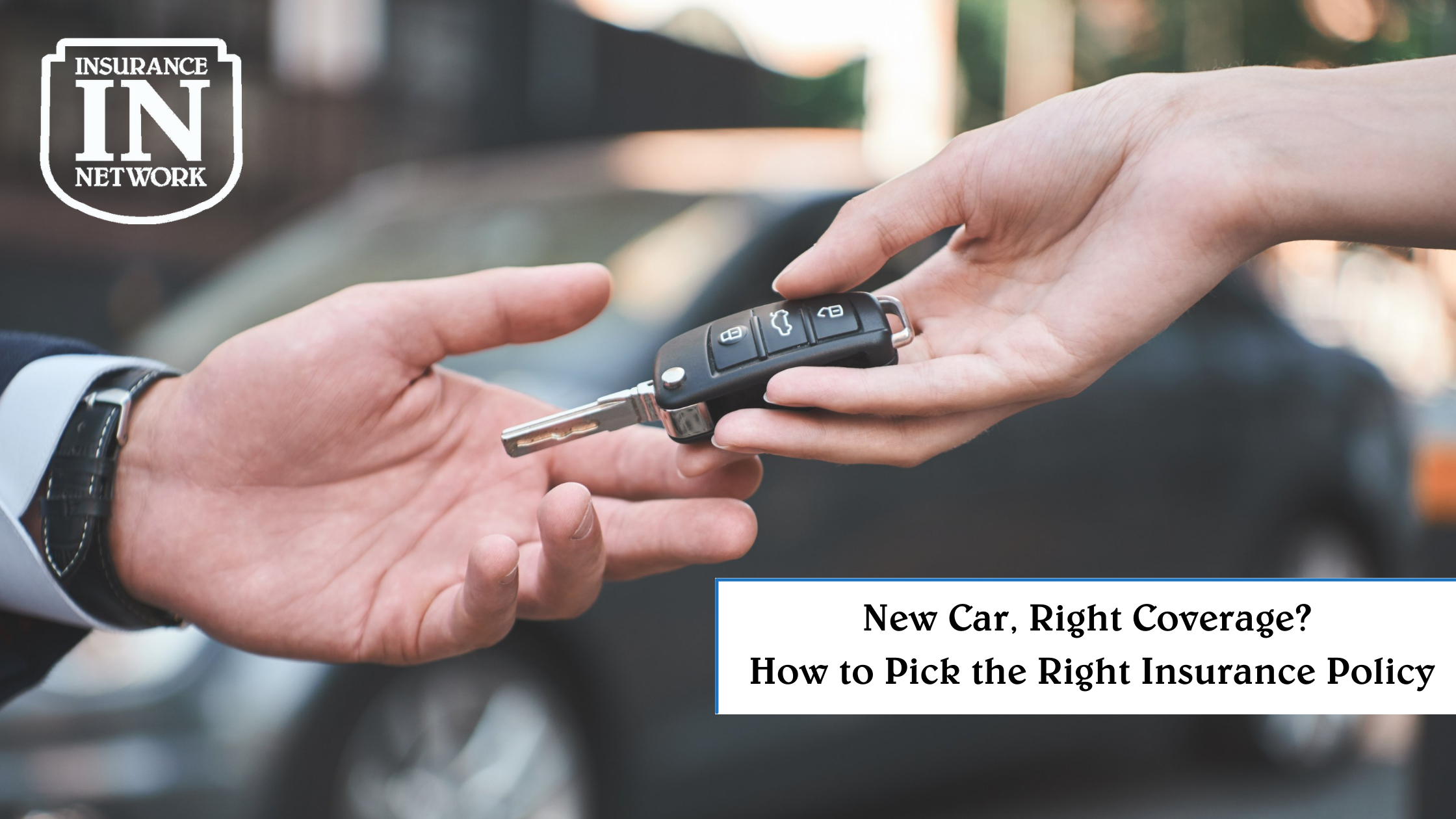Insurance for new cars can be expensive, along with that monthly car payment, gas, and car repairs/maintenance.
You’re not alone in this; car buyers often overlook (or don’t think) about the insurance costs for their new cars. However, it’s not too late to switch insurance policies, or even providers.
Below, we detail what car insurance providers use to determine your price, different types of additional coverage, and much more.
Worried you picked the wrong car insurance? Want to choose a different plan? Contact us today.
What Influences Insurance for New Cars Costs?
There are a variety of factors that influence car insurance, such as:
1. State Requirements: Each state has their own laws about car insurance, coverage minimums and categories of insurance. In Michigan, you must have no-fault insurance.
2. Age: Younger drivers are considered less experienced and more likely to get into an accident, which is why they tend to pay more for car insurance. However, after the age of 25, your insurance rates start to decrease.
3. Car Make and Model: While some vehicles are cheaper to insure than others, car insurance companies prefer to insure safe vehicles. If you obtain a car with a high safety rating, then you may receive a discount for insuring a safe vehicle.
4. High-Risk Violation: Have you ever gotten a speeding ticket and then saw your insurance cost increase? The same thing happens for traffic violations and car accidents. It also depends on the severity of the violation and any past convictions.
5. Yearly Mileage: This is also known as your annual mileage. If you have a long commute, there is a higher chance of you being in an accident; therefore, a car insurance company can charge more. If you drive for leisure, you’re likely to pay less.
6. Your Credit History: This is an important factor when calculating premiums in Michigan. If you have a low credit score, you will typically pay an average of 71% more than those who have a high credit score.
7. Your Driving and Claims Record: A high-risk violation could be a part of your driving record. If you’re making a lot of insurance claims on your vehicle, your insurance costs will hike up. The number of years you’ve been on the road matters as well.
8. Zip Code: Believe it or not, the area you live in is an important factor for your insurance company to consider. This is due to the likelihood of your car getting damaged or stolen.
Statistically, urban areas have higher crime rates, along with crowded roads where the chances of an accident are higher. In rural areas, there is typically less congestion and less crime.
9. Marital Status: Statistically speaking, married drivers are the least risky drivers to insure.
10. Gender: There is a gender gap in insurance that evens out for drivers in their 30s. However, men around the age of 45 pay an average of 6% less for car insurance, and teenage male drivers pay the highest overall for car insurance.
Worried you picked the wrong car insurance? Want to choose a different plan? Contact us today.
What Are The Different Components of Insurance for New Cars?
When obtaining new auto insurance, it’s important to note the different components:
- Liability Coverage
- Uninsured and Underinsured Motorist Coverage
- Comprehensive Coverage
- Collision Coverage
- Personal Injury Protection (PIP)
There’s also optional coverage options, such as:
1. Rental Reimbursement Coverage/Transportation Expense Coverage: This helps pay for a rental car or public transportation fare, while your vehicle is under repair after a covered insurance claim. However, this doesn’t cover routine vehicle maintenance or car rentals.
2. Gap Coverage: Also known as “loan/lease gap coverage,” this coverage helps pay off your auto loan if your car is totaled and/or stolen and you owe more than the car’s depreciated value.
3. New Car Replacement Coverage: This is an optional coverage that can come in handy if your new car is totaled in an accident. Most insurance companies will give you a check for the depreciated value or replace the car completely.
4. Towing and Labor Cost Coverage: This option protects you from the costs associated with common roadside breakdowns, such as a flat tire, dead battery or even a lockout.
5. Ride-Sharing Coverage: If you drive for a rideshare service such as Uber or Lyft, this is great optional coverage to have. Personal car insurance typically doesn’t cover the “business use” of your vehicle.
6. Sound System Coverage: This is coverage you should consider getting if you have an aftermarket sound system.
7. Classic Car Insurance: Did you know that traditional auto insurance doesn’t cover everything on your classic car? Having classic car insurance allows you to work with your insurer on assigning an “agreed value” of your classic car.
This will ensure that you’re compensated for the true cost for the repair or replacement of your classic vehicle.
Worried you picked the wrong car insurance? Want to choose a different plan? Contact us today.
Need Help Choosing the Right Insurance for your New Car?
New car shopping shouldn’t be a burden just because of car insurance coverage concerns.
As you’re shopping for your new car, or if you’ve recently purchased a vehicle, reach out to us today. We can ensure you have the insurance for your new car.
Ready to find out more?
Drop us a line today for a free quote!

